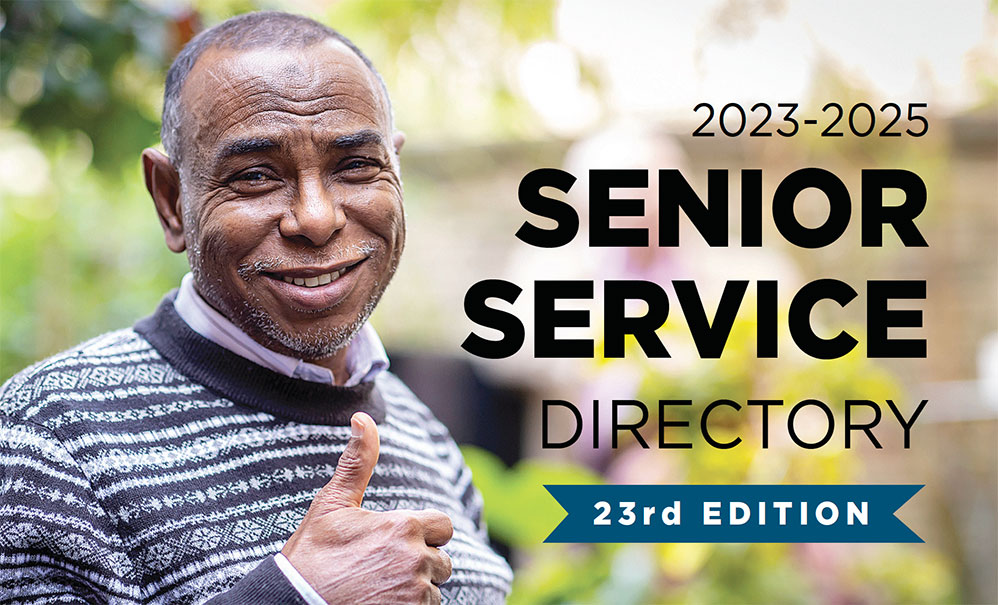
Housing
Changing living arrangements, whether short- or long-term, can be a major event for an older person. The change may occur on short notice in the midst of other difficult changes such as a decline in health, loss of a loved one, decreased energy, and/or less money. There has been a dramatic increase in the number and variety of housing and in-home care options, making it more likely that older consumers can find housing that fits their needs. Sometimes a move is necessary; other times, the senior’s current home can be modified, or in-home services can be provided (or both).
The National Association of Home Builders’ (NAHB) Remodelers Council, Research Center, and Seniors Housing Council partnered with AARP to develop the Certified Aging-in-Place Specialist (CAPS) program for consumers who want to remain in their homes for a lifetime, regardless of the homeowner’s age or functional abilities. Certified Aging-in-Place Specialists are trained contractors who understand the needs of older people; make modifications to facilitate independent living; are familiar with common remodeling projects; and have solutions to common housing barriers. For a directory of local contractors with CAPS certification, go to www.nahb.org.
If a move to new housing is necessary, the first questions usually are cost and affordability. Equally important are the issues of type and level of services needed. When time allows, it’s best to predetermine needed services, balanced with the cost and the individual’s budget.
Real estate professionals can specialize in helping seniors. A certified Seniors Real Estate Specialist (SRES) counsels seniors fearful of changing living arrangements, works with other senior care professionals, and understands tax laws, probate, and estate planning. A list of local SRESes is available at the association’s website, seniorsrealestate.com, or from Senior Information & Referral, (865) 546-6262.
A package of in-home services also can be put together to allow an individual to stay at home. Depending on the services needed, this can be more or less expensive than assisted living or a nursing facility. Senior Information & Referral, (865) 546-6262, or a private geriatric care manager can help an individual or caregiver learn about options.